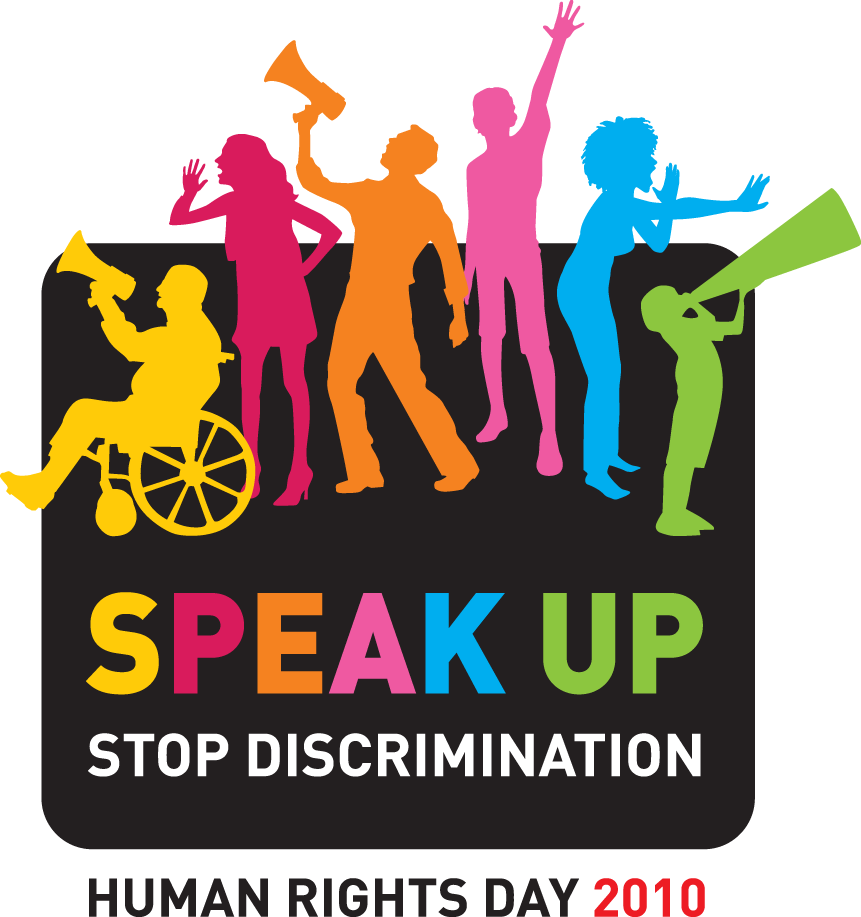 The first thing you can do is check out the UN page for Human Rights Day 2010, where you'll find information about and profiles of human rights defenders - like Danilo Lambada, who runs an NGO that protects the rights of gays, lesbians, bisexuals and transsexuals in Mozambique. You can also learn more about human rights work through videos and a 'test your knowledge' quiz, and there is a small list of worldwide events marking the day.
The first thing you can do is check out the UN page for Human Rights Day 2010, where you'll find information about and profiles of human rights defenders - like Danilo Lambada, who runs an NGO that protects the rights of gays, lesbians, bisexuals and transsexuals in Mozambique. You can also learn more about human rights work through videos and a 'test your knowledge' quiz, and there is a small list of worldwide events marking the day.
The UN effort to set aside a day for human rights is a great first step, but it's just that: a first step. Other NGOs, governmental organizations, the media and individuals who can make a difference with their time, voice or money need to step up to the plate, too.
Defending human rights is a broad task; it can refer to standing up for the right of low-income families in your hometown to access healthcare services and educational programs, or it can mean demanding legal changes in India to stop sex trafficking. The sheer breadth of possibilities and challenges under the umbrella term of "human rights" means there is no shortage of ways to get involved.
So to start you on your way, here are a few suggestions:
- Learn more about human rights in general - the Declaration of Human Rights, in particular - by checking out the resources offered by the Human Rights Education Association (HREA), or with OneDayForHumanRights.com.
- Contribute to Amnesty International's WRITE FOR RIGHTS campaign.
- If you're a teacher, find out how you can bring human rights into your classroom and share your experience with Teachers Without Borders.
- Volunteer or support a NGO that spends every day of the year fighting for human rights, like Journalists for Human Rights, Oxfam Canada, and Doctors Without Borders.
Then, tell us how you marked Human Rights Day 2010! Share your story in the comments section, on our Facebook page or on Twitter.
Add this article to your reading list


